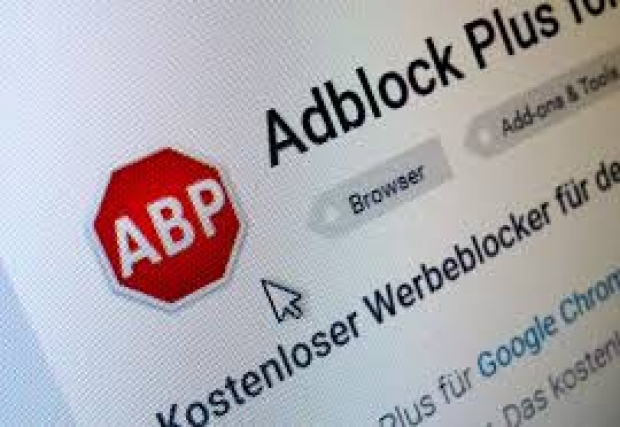A study analysing the performance of Chrome ad blocker extensions has proven claims made by Google developers last month.
Google claimed that it needed to modify the Chrome browser to kill off ad blockers and many other extensions.
The study, carried out by the team behind the Ghostery ad blocker, found that ad blockers had sub-milliseconds impact on Chrome's network requests that could hardly be called a performance hit.
Hours after the Ghostery team published its study and benchmark results, the Chrome team backtracked on its planned modifications.
At the heart of Ghostery's benchmark into ad blocker performance stands Manifest V3, a new standard for developing Chrome extensions that Google announced last October.
Google wanted extension developers to use the new DeclarativeNetRequest API instead of the older webRequest API.
This would limit the number of network requests an extension could access. This meant that ad blockers would be killed oof in favour of Chrome's new built-in ad blocker.
Chrome engineers justified the change by citing the performance impact of not having a maximum value for the number of network requests an extension could access.
The Ghostery team said that Google claimed that its extension performed arbitrary - and potentially very slow - JavaScript actions.
"From the measurements, we do not think this claim holds, as all popular content-blockers are already very efficient and should not incur any noticeable slow-down for users", it added.
The study --which analyzed the network performance of ad blockers such as uBlock Origin, Adblock Plus, Brave, DuckDuckGo and Cliqz'z Ghostery-- found sub-millisecond median decision times per request, showing quite the opposite of what the Chrome team claimed.
Google engineers have announced a relaxation of the Manifest V3 changes that would have impacted ad blockers.
A spokesgoogle said: "The extensions ecosystem on Chrome is vibrant and varied, and enables myriad use cases that would otherwise be impossible," Cronin added. "We are committed to preserving that ecosystem and ensuring that users can continue to customize the Chrome browser to meet their needs. This includes continuing to support extensions, including content blockers, developer tools, accessibility features, and many others. It is not, nor has it ever been, our goal to prevent or break content blocking."




